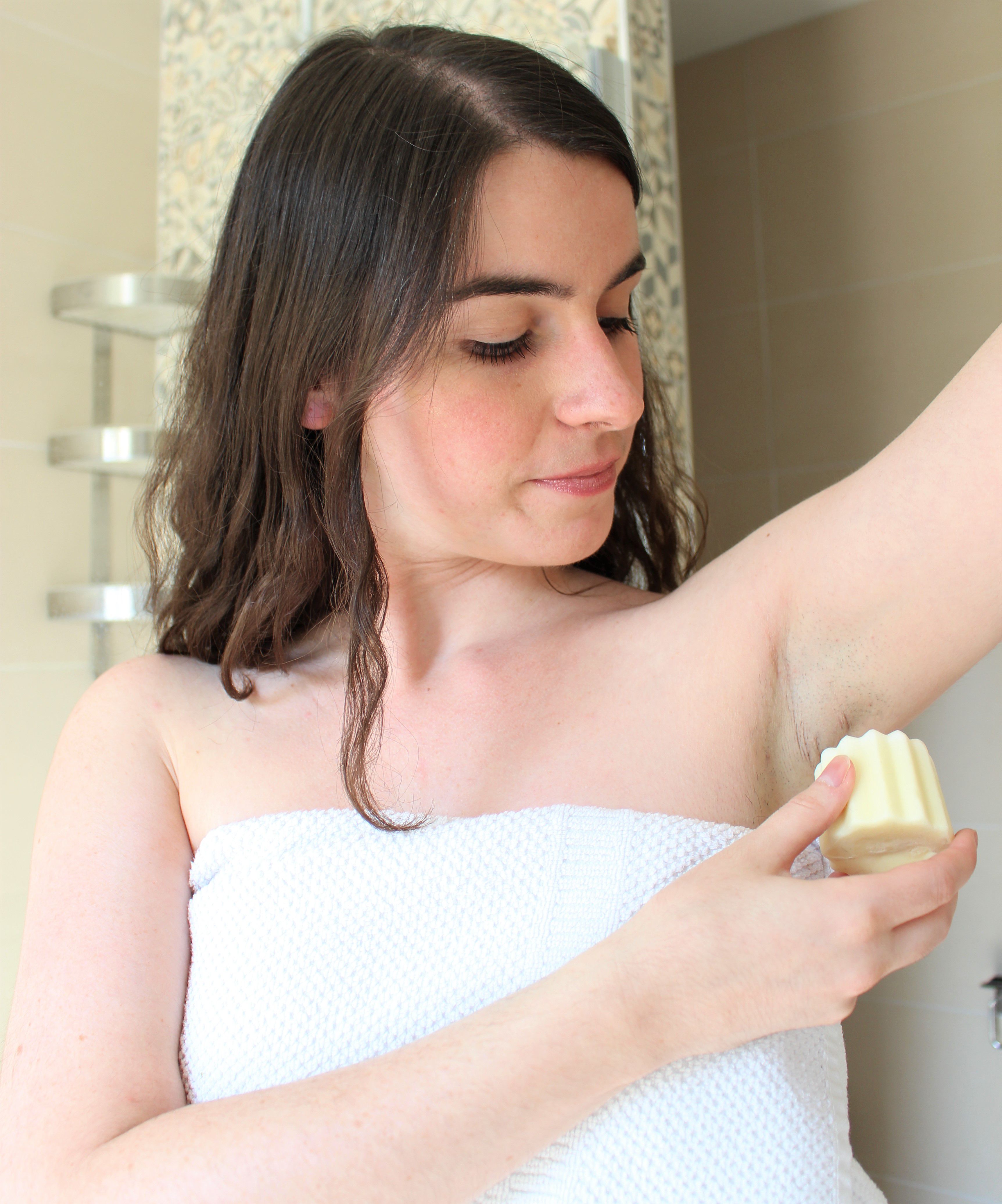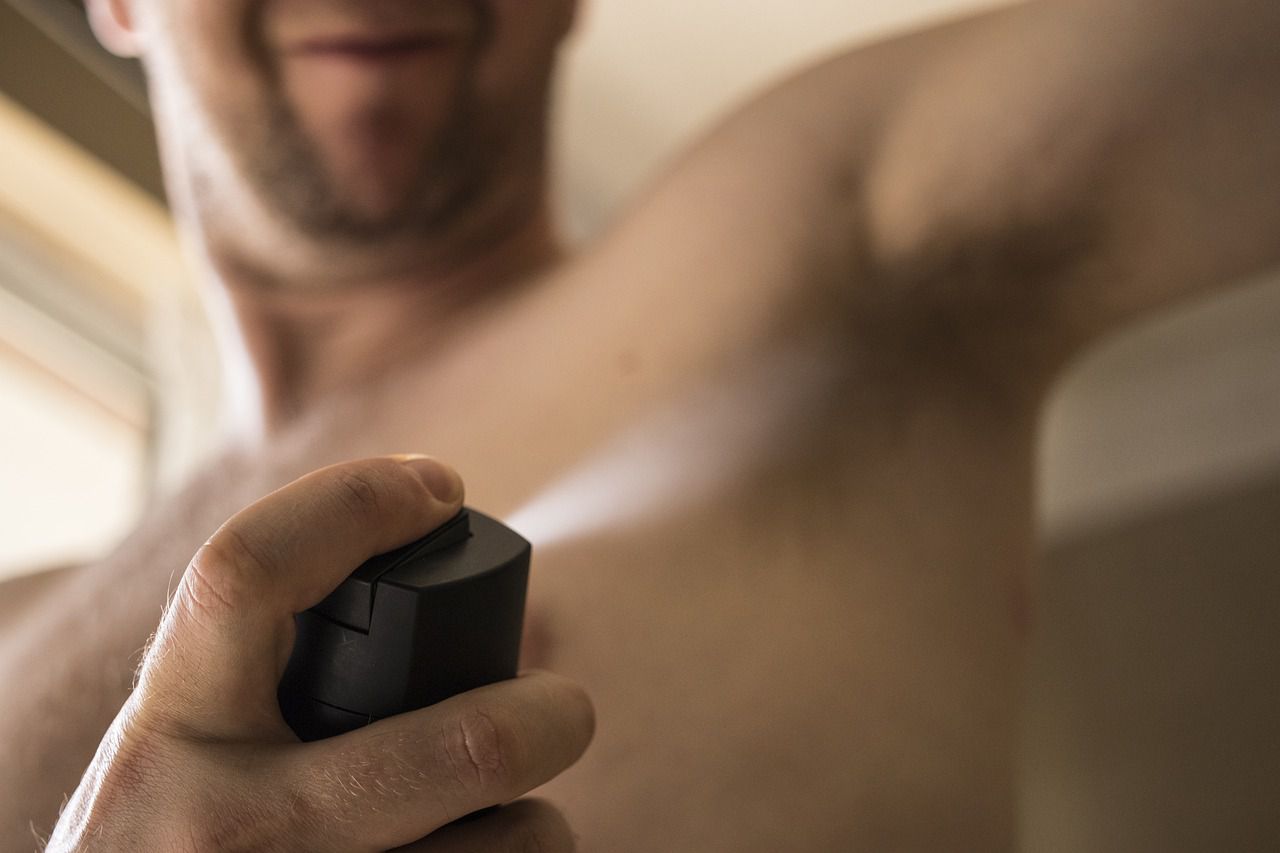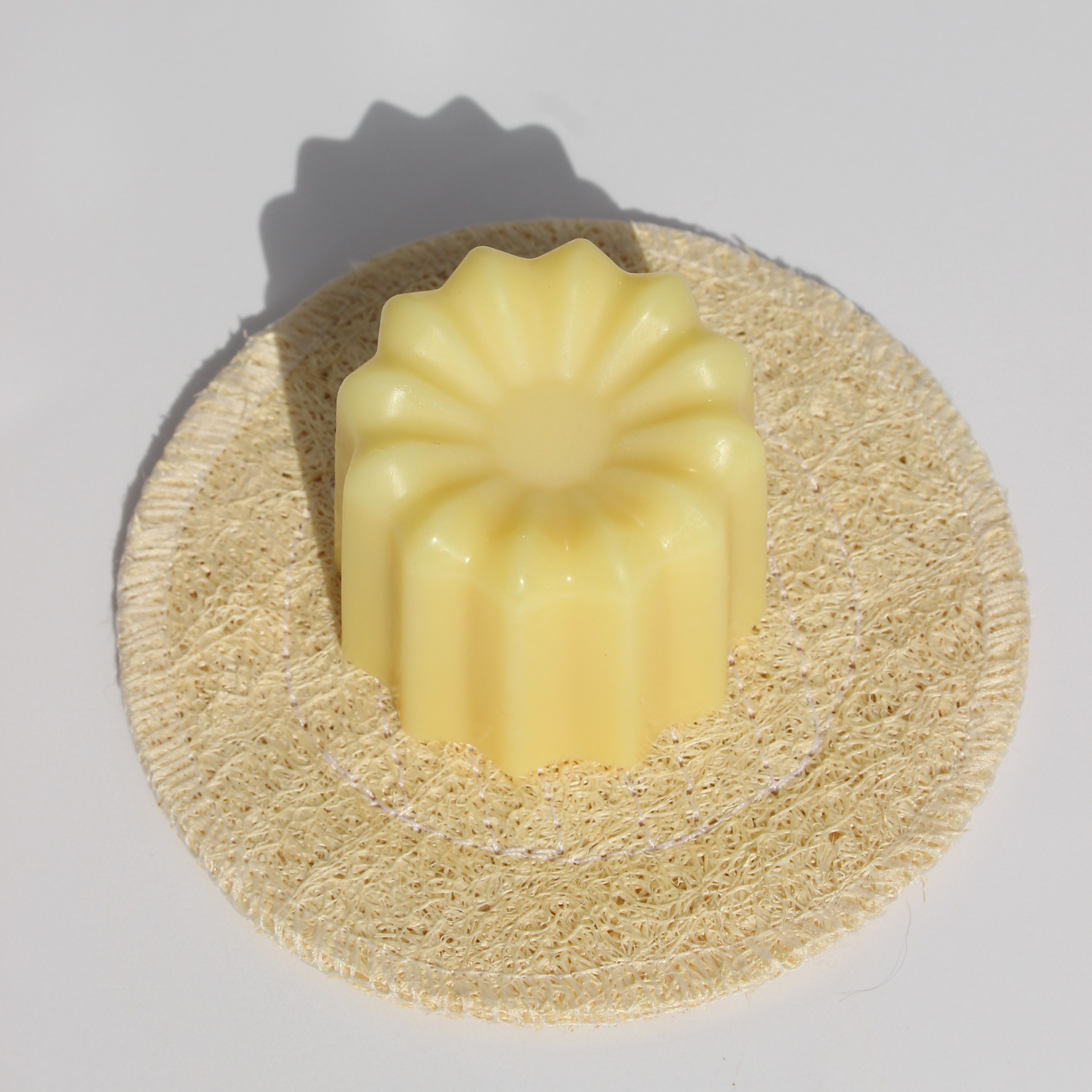Summer, synonymous with sun, holidays, idleness is also synonymous with rising heat and therefore excessive perspiration. Hmm, not very glamorous you might say... White marks on the t-shirt, unpleasant smell, feeling of being damp... Yes, but perspiration plays an essential role for our body!
We are going to reveal to you all the secrets of this mechanism and the tricks to circumvent the associated inconveniences.
Perspiration: let's talk about it!
Perspiration can be defined as the excretion of sweat produced by the sweat glands which will be eliminated by the pores on the surface of the skin .
It plays a vital role in the regulation of body temperature in humans, making it possible to maintain a temperature that is always stable. It's called thehomeostasis that is to say that despite the variation in external temperatures, the body will always remain at the same temperature. For example, in the event of extreme heat, our perspiration, while evaporating, will take away the excess calories and therefore the "temperature" that the body wants to get rid of. Conversely, in winter, temperatures drop causing less perspiration so as not to lose the slightest degree.
There are two types of sweat glands: eccrine glands and apocrine glands .
Only the eccrine glands participate in temperature regulation and are only present in humans and a few other mammals.
Conversely, the apocrine glands, present throughout the animal kingdom, are odoriferous and have an important sexual role in animals but which remains to be proven in humans.
To give you an idea of the importance of the presence of these glands, about three million eccrine glands are distributed on the surface of the body, with an overrepresentation at the extremities of the limbs (palms of the hands and soles of the feet). , in the armpits but will not be present in the anal, oral and genital area.

What causes our sweating to increase?
An increase in sweat secretion by the eccrine glands can be found in different cases:
When the outdoor temperature rises
In the event of a significant emotional state (fear, stress, etc.)
During physical exercise
In case of vomiting, nausea, hypoglycaemia (decrease in blood glucose level), by stimulation of the activity of the sympathetic system
In case of vomiting
When ingesting spicy food
Why does sweat sometimes smell so bad?
Basically, perspiration, which is made up of water and salts, has no smell. However, when it is produced on the surface of the skin, the latter will attract bacteria with a high level of development in moist and warm environments (armpits for example).
Indeed, sweat is the ideal food for these small commensal bacteria, present naturally on our skin. By consuming this sweat, the bacteria will produce fragrant organic matter, the smell of which will increase over time if you take a long shower, for example.

Deodorant or antiperspirant?
D eodorant and antiperspirant, often associated or even confused, nevertheless have very different modes of action.
The deodorant will not modify the excretion of sweat but will contain antiseptic agents attacking the bacteria responsible for body odors and also perfumes.
In addition, unlike antiperspirants, they will simply absorb moisture via mineral powders more or less completely, because sometimes residual moisture is found. As a result, the feelings of discomfort related to humidity and traces on clothing remain the same.
Finally, the compositions of certain deodorants can prove to be aggressive for the skin and create irritation.
The antiperspirant will claim the same actions as the deodorant (absorption of moisture, neutralization of odors) but its main role is to block the secretion of sweat. This action is obtained by the presence of aluminum salts, in the form ofaluminum hydrochloride which is the most common form.
These salts have an astringent action and make it possible to narrow the diameter of the pores , which decreases the flow of sweat. They also have a bactericidal capacity which eliminates bacteria from the skin flora, in order to avoid bad odors.
However, it is a controversial ingredient since it is suspected of promoting the appearance of breast cancer . However, no consensus has yet been reached regarding the effects on consumer health.
For these two types of products, it is advisable not to use it on damaged skin or just shaved since these states will promote the absorption of molecules.
Your homemade deodorant!
Do you want to control the composition of the latter and avoid any risk of allergy, intolerance?
BeautyMix has developed a natural formula allowing you to make your own deodorant in solid form!
This deodorant contains:
- Baking soda : regulates the pH and destroys bacteria,
- Corn starch : absorbs excess sweat,
- Sweet almond oil : nourishing, very suitable for dry and irritated skin,
- Cocoa butter : has moisturizing properties and softens the skin,
- Beeswax : consistency agent that nourishes, moisturizes and softens the skin.
It will allow, thanks to this composition, to limit the feeling of humidity (with starch) and to hydrate your skin (with sweet almond oil and cocoa butter) in order to avoid drying out as much as possible. armpits and therefore limit tightness.
